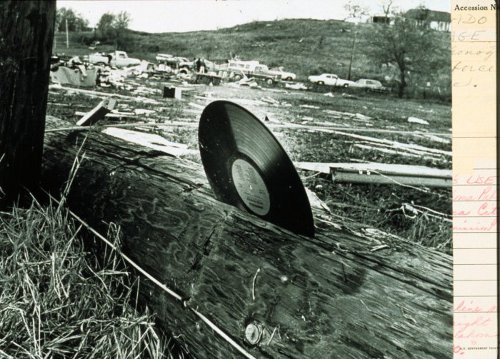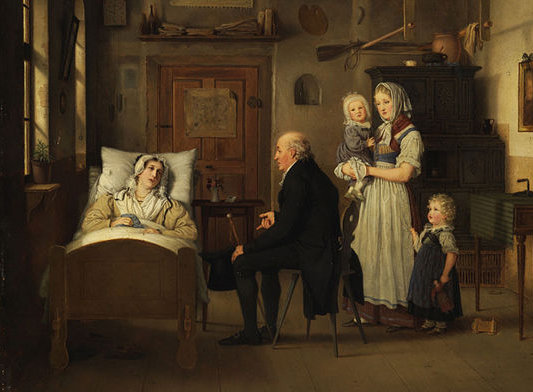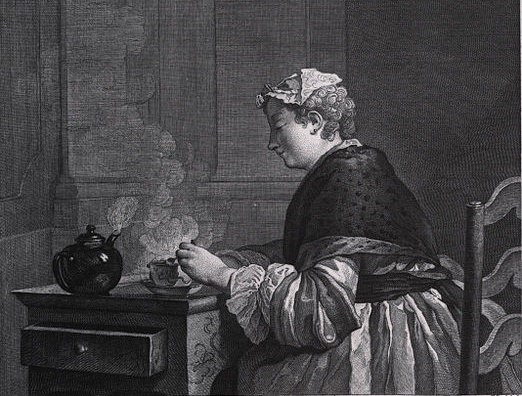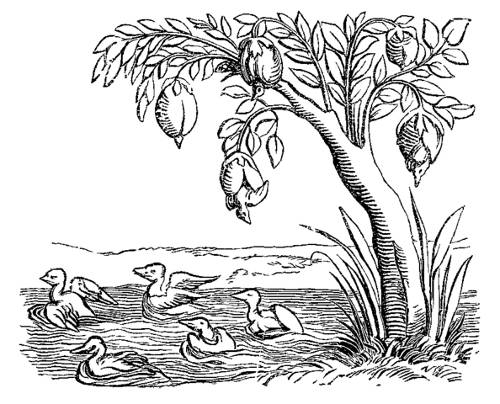sphalm
n. an erroneous doctrine or tenet
“The phrases men are accustomed to repeat incessantly, end by becoming convictions and ossify the organs of intelligence.” — Goethe
“What fresh views would we acquire if we could for once eliminate from our capital of truisms all that is not intrinsic but has accrued through frequent repetition?” — G.C. Lichtenberg
“We are powerfully imprisoned in these Dark Ages simply by the terms in which we have been conditioned to think.” — Buckminster Fuller
“Concepts that have proven useful in ordering things easily achieve such authority over us that we forget their earthly origins and accept them as unalterable givens. Thus they might come to be stamped as ‘necessities of thought,’ ‘a priori givens,’ etc. The path of scientific progress is often made impassable for a long time by such errors.” — Albert Einstein
“It takes a very unusual mind to undertake the analysis of the obvious.” — Alfred North Whitehead





